

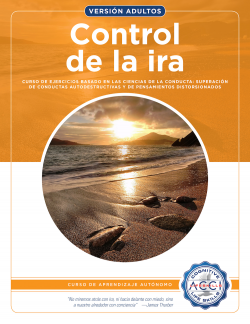
This course is the same as the English: Anger Management. It really doesn’t teach anger management, rather anger avoidance. Anger is a secondary emotion that is fueled by primary emotions. Truly you cannot manage anger because once you let it in you either have to squelch it or express it, both are damaging. This course will help you by teaching “self-awareness” thinking skills that can help you avoid anger as much as possible. This course has been translated directly from the Anger Management course.
People can change as fast as they want to if they are self-motivated to do so. It doesn’t take weeks, months, and years, as many believe. Because anger is a secondary emotion, it is important to focus on the primary emotions and challenge the faulty thinking errors that created those emotions.
The objective of this course is to help students overcome the root causes of anger, abuse, and domestic violence by challenging self-defeating thoughts and behaviors. The course teaches anger avoidance and focuses on self-deception, justification, and resistant behaviors
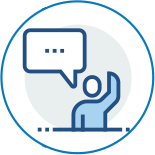

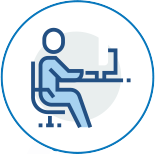
Our negative beginnings can greatly impact our endings.
Doesn’t know right from wrong.
We can’t break these needs, we can only break ourselves.
Those who anger you, control you!
Who you are without thinking who you are.
Responsive people look past the negative and seek positive.
Is a deeply rooted systemic disease.
Think more of others than yourself.
If you never have a desire to change, you won’t.
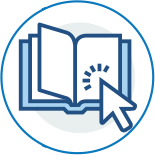
Course Format: eLearning and Printed Workbook
eLearning Length: 800 Slides
Scientific Model: Cognitive Restructuring
Author and Publisher: ACCI Lifeskills
Item Number: W 111
Workbook Pages: 64
Course Length: ~15 hours
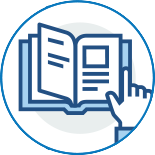
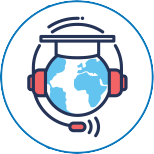
Self-assessments | Role playing Knowledge check | Self-reflection Scenario-based learning | Focused journaling | Discussion with coach Application and skill building